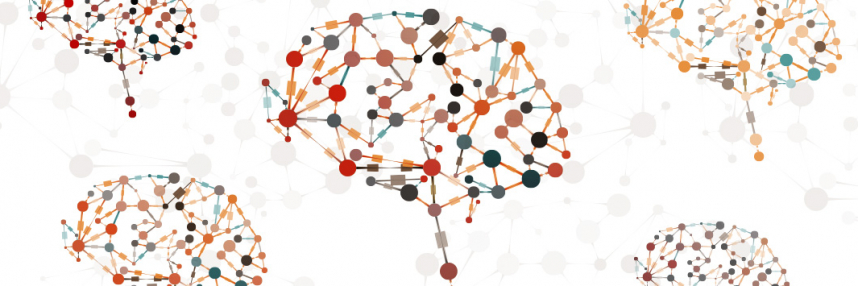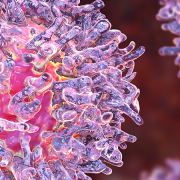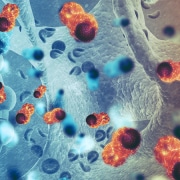NHS launches sequencing pilot for glioblastoma
Personalised medicine could help those affected by the most fatal type of brain tumour
An NHS pilot programme being run in Cambridge is bringing genomics-based personalised treatment to brain cancer patients for the first time.
The project, a collaboration with the Minderoo Foundation and the Tessa Jowell Brain Cancer Mission, will investigate whether rapid whole genome sequencing can improve care for patients with glioblastoma – the most aggressive and fatal type of brain tumour – and subsequently people with other types of brain tumours too.
The pilot project, named MPBTP (Minderoo Precision Brain Tumour Programme), is being run at Addenbrooke’s Hospital in Cambridge, and plans to enrol 225 patients with glioblastoma over three years.
Impact on care and research
The team hope that personalised treatment plans will help improve survival rates and also give patients confidence that they are getting the very best treatment option available to them. As with all personalised medicine approaches, it will reduce the prescription of ineffective treatments, lowering the toll taken on patients who might be enduring painful side effects for no benefit.
The genomes sequenced as part of the project will also be a valuable resource for researchers to identify targets for new therapies and develop new treatments and innovative clinical trials.
From sample to treatment plan
During the MPBTP, participants have two samples taken when they have surgery: one from the tumour itself and the other from their blood. These samples are sent for whole genome sequencing and two whole genomes are returned, the cancer genome (from the tumour sample) and the human genome (from the blood sample).
These results are then compared to see what changes are present in the tumour DNA. They also look for changes in the person’s own genome to see if there are any genes that may have made them more likely to develop cancer in the first place.
Findings are then discussed by a specialist tumour advisory board which includes doctors, scientists and bioinformaticians who will identify the best course of treatment for the patient. The whole process takes around 10 days and results in a personalised plan, identifying treatments with the best chance of being effective.
“This incredibly exciting new programme enables us to analyse the mutations driving a patient’s tumour in real-time,” said consultant neurosurgeon Richard Mair, who is leading the programme. “We hope to use this information to identify whether any new, targeted treatments can be offered to these patients.”
Mainstreaming care
If the study demonstrates a benefit to patients, the hope is that the approach could be rolled out nationally and help establish rapid genomic sequencing for brain tumour patients as part of the NHS Genomic Medicine Service.
Tessa Jowell Brain Cancer Mission co-founder Jess Mills, whose mother Baroness Jowell died from brain cancer, said: “My hope is that every patient with a terminal diagnosis will soon be offered precision treatment, so that they get to have the best chance possible of living and living well with their diagnosis.”
–









